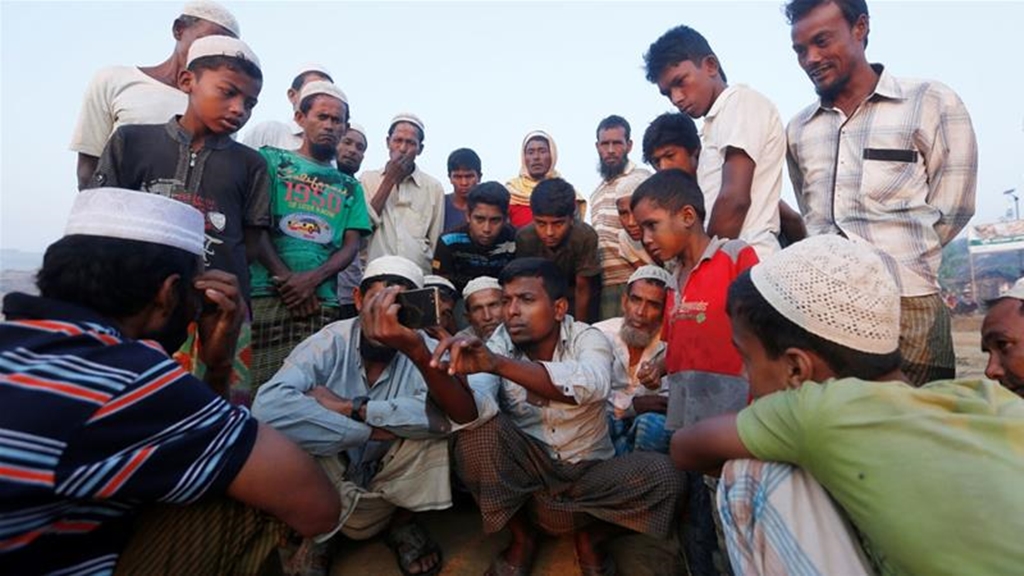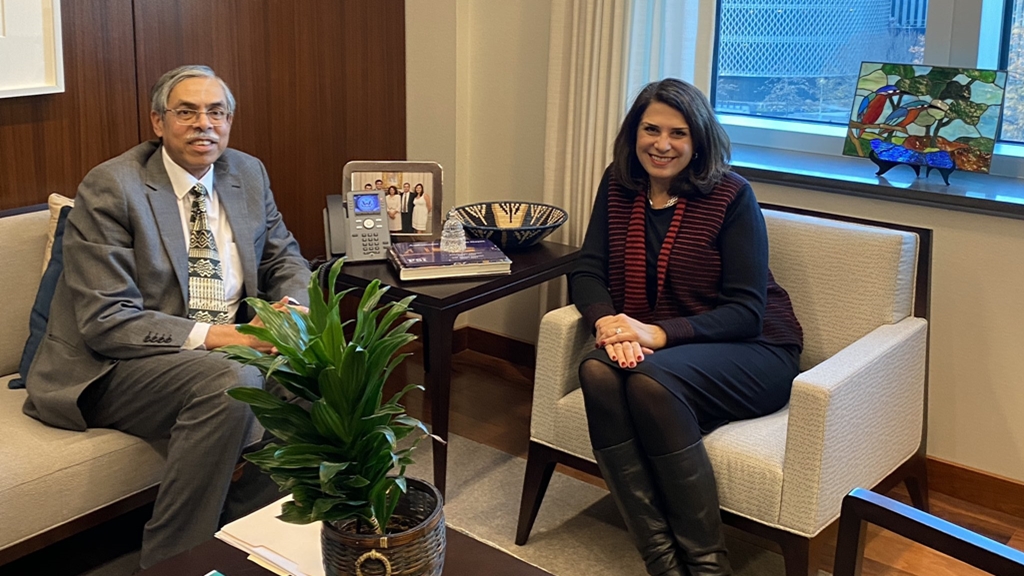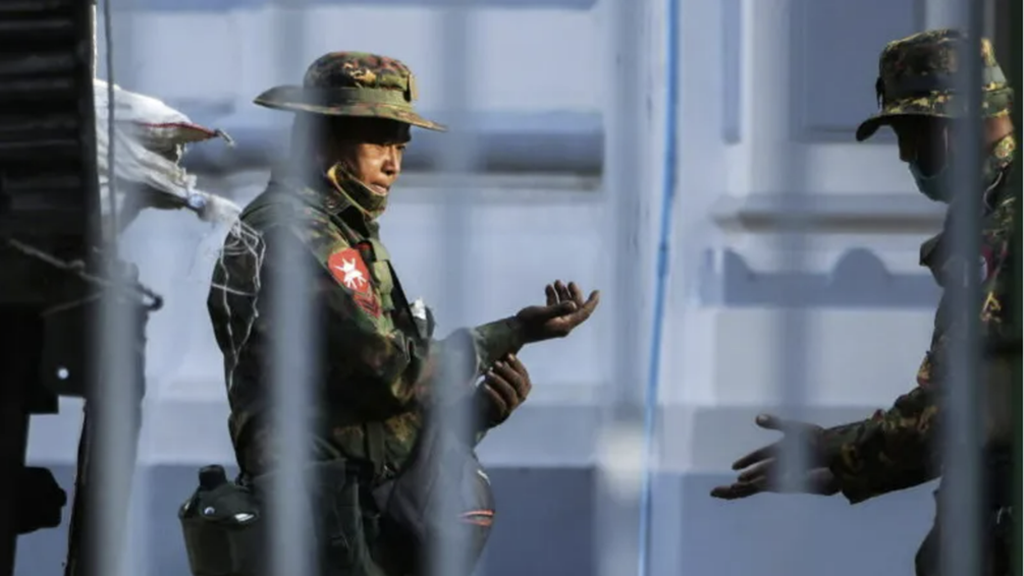
The internet crackdown in Rohingya refugee camps is dangerous
- 31/03/2020
- 0
By John Quinley III, Dhaka Tribune
Since September 2019, Bangladesh has restricted mobile-phone operators to limit 3G and 4G services in Rohingya camps
The World Health Organization (WHO) declared the COVID-19 outbreak to be a “controllable pandemic.” To control the pandemic, WHO experts recommend “social distancing” to prevent the spread of the disease and thus “flatten the curve” of infection.
But social distancing isn’t an option available to the more than one million Rohingya refugees living in densely populated camps in Bangladesh. The conditions of the camps and their tight living quarters cause these refugees to face a dangerously high risk of contracting and spreading the virus. To make matters worse, Rohingya are not allowed to leave the camps or move freely within them. The camps also lack access to sufficient water and sanitation—conditions that could worsen the spread of a communicable disease like the coronavirus, known as COVID-19.
Bangladesh has confirmed more than 45 cases of coronavirus infections—with the first confirmed case in Cox’s Bazar District where the Rohingya live in one of the largest refugee settlement in the world. If COVID-19 reaches the camps, it is likely to spread like wildfire. To keep refugees safe, it is paramount that Bangladesh provides Rohingya refugees with access to the internet, mobile communications, and information about the pandemic.
But Bangladesh is doing just the opposite. Since September 2019, Bangladesh has restricted mobile-phone operators to limit 3G and 4G services in the camps. Bangladesh authorities have gone even further than just cutting mobile-phone communication: My colleagues and I at Fortify Rights have documented how authorities have prohibited the use of mobile phones in the camps and are confiscating them from Rohingya refugees.
Bangladesh included Rohingya refugees in the government’s National Preparedness and Response Plan for COVID-19—a positive step to be sure—but without any word on restoring access to the internet for refugees. It seems like a no-brainer to lift communication restrictions as a part of the national plan to combat COVID-19 both for Rohingya refugees as well as the community of Bangladeshis who live nearby the camps who also face internet restrictions.
Despite these restrictions, Rohingya-led groups, in addition to international humanitarian organizations, have been at the forefront of educating and disseminating information on hygiene and how to protect themselves if the virus enters the camps. Groups like Rohingya Youth for Legal Action, Rohingya Women’s Empowerment and Advocacy Network, and Rohingya Students Network are all promoting best-practices in hygiene and information about the symptoms of COVID-19 through leaflets, audio speaker systems, and small gatherings. Not being able to use the internet to inform their community on protecting themselves from the virus is needlessly making their efforts significantly more difficult.
In the diaspora, Rohingya-led organizations are creating video and audio updates about COVID-19 for distribution in the refugee camps. For example, Dr. Anita Schug and Dr. Ambia Perveen of the Rohingya Medics Organization are producing critical audio and video information about health-related issues, including COVID-19, in the Rohingya language from their homes in Europe— material that requires the internet to be distributed to a larger audience.
Internet access and mobile communication is also necessary to stamp out the dangerous misinformation about COVID-19 that is spreading through the refugee camps. Some Rohingya have referred to the coronavirus as “moronavirus,” or “death-virus” in the Rohingya language, and many believe the fatality rate for the virus is far above the actual rate. In this context, the government has a unique opportunity to curb misinformation by immediately lifting communication restrictions. Doing so would allow Rohingya with accurate information to inform the others about what is true and not through popular messaging apps Rohingya often use, such as Whatsapp.
Rohingya refugees tell me that the lack of information in the camps has heightened distress and fear among Rohingya refugees and created an environment of mistrust.
In implementing Bangladesh’s National Plan, the government needs to make sure that nobody is discriminated against and that refugees can access health services, online communication, and other provisions just like Bangladeshi citizens.
Rohingya-led efforts should be supported and amplified by Bangladesh, not stifled through discriminatory and dangerous communication restrictions. During this time of crisis, information and communication will literally save lives. If the coronavirus reaches the camps, restricting the flow of information will not only accelerate the spread of the disease to refugees, but to the Bangladeshi host community as well. Lifting restrictions in the face of the virus could be a matter of life or death.
John Quinley III is a Senior Human Rights Specialist at Fortify Rights. Follow him on Twitter @johnquinley3; @FortifyRights.







